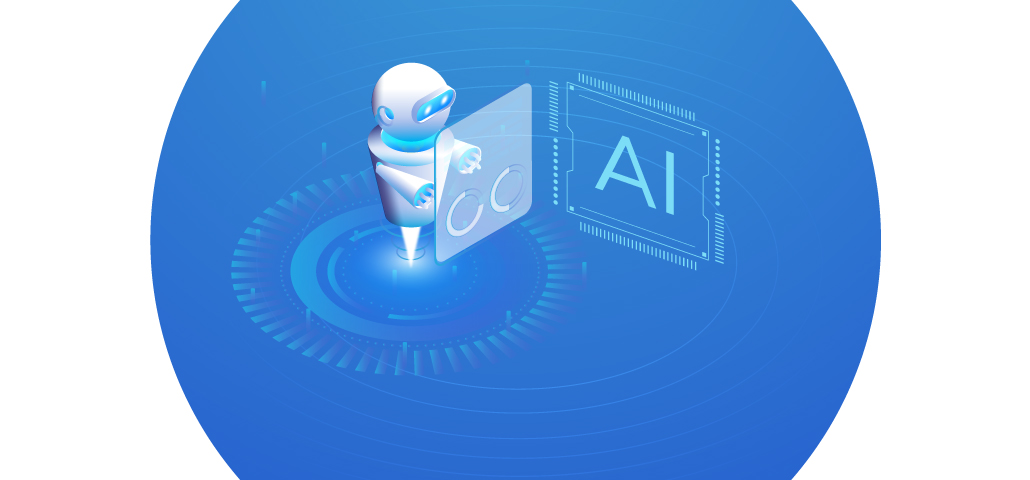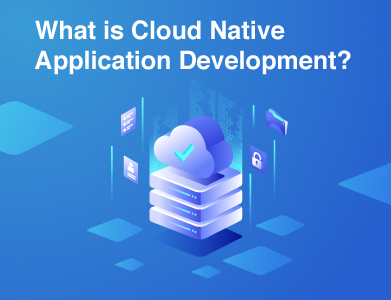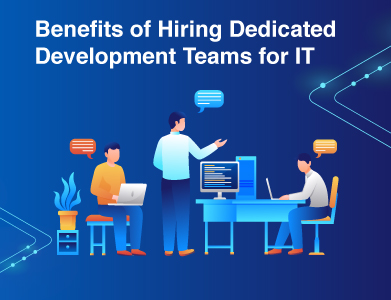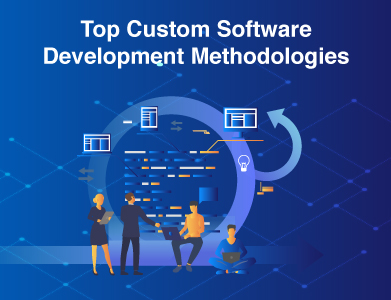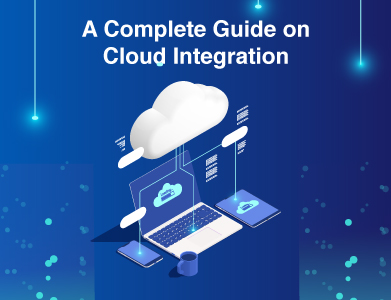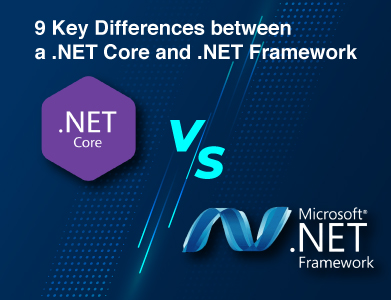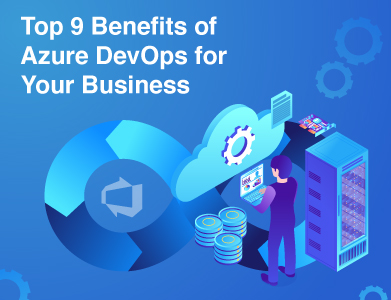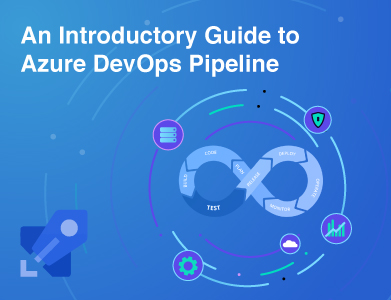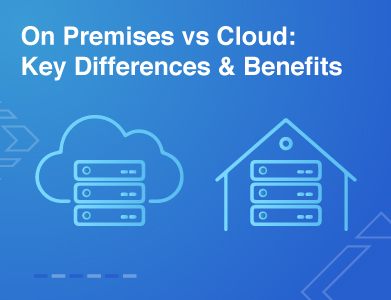Expertise
Consider how much time your team spends on repetitive tasks or digging through data for insights under the pile of excel sheets and numerous ppts just to build the foundation of your strategies and operations. Now, imagine if you could free up that time and redirect it toward strategic growth and innovation. That's the practical power of AI.
We’re not talking about theories, the practical implementation of AI is here now, and it’s helping businesses like yours optimize operations and drive growth. Whether it's automating repetitive work or turning data into actionable insights, AI solutions are designed to help you stay competitive and efficient.
AI in Business is not about replacing your team but to give them the tools they need to do their best work. The question isn’t if AI can help—it’s how soon you want to start. Let’s talk about how the use of Artificial Intelligence in Business makes a real difference.
1. The Impact of AI on Business Growth
AI's integration into business operations offers numerous benefits that can significantly influence growth and profitability. Here's how AI is making a difference:
1.1. Enhancing Operational Efficiency
AI automates repetitive and time-consuming tasks, allowing employees to focus on more strategic activities. For instance:
- Robotic Process Automation (RPA) Streamlines processes like invoicing, payroll, and data entry.
- Supply Chain Optimization AI algorithms predict demand, manage inventory, and optimize logistics to reduce costs and improve delivery times.
1.2. Data-Driven Decision Making
AI analyzes vast amounts of data to identify patterns and analyze insights that humans might overlook.
- Predictive Analytics Forecasts trends, customer behavior, and market shifts to inform strategic planning.
- Real-Time Analytics Provides up-to-the-minute data for agile decision-making in dynamic environments.
1.3. Personalized Customer Experiences
Artificial intelligence improves customer interactions by delivering tailored experiences, leading to higher satisfaction and loyalty.
- Chatbots and Virtual Assistants Offer 24/7 customer support, answering queries and resolving issues promptly.
- Recommendation Engines Suggest products or services based on individual preferences and past behavior, increasing sales and engagement.
2. Future AI Trends Shaping Business Success
Staying ahead of AI trends is crucial for businesses aiming to leverage the latest technologies for growth. Here are some AI trends to watch:
2.1. Edge Computing
Edge computing brings data processing closer to the data source, reducing latency and bandwidth usage. Benefits include:
- Faster Response Times Essential for applications requiring real-time processing, such as autonomous vehicles and IoT devices.
- Enhanced Security Local data processing minimizes the risk of data breaches during transmission.
2.2. Quantum Computing
Quantum computing promises to solve complex problems beyond the capabilities of classical computers. Potential applications for businesses:
- Optimization Problems Enhances supply chain management, logistics, and financial modeling.
- Advanced Machine Learning Accelerates the training of complex AI models, leading to more accurate predictions and insights.
2.3. AI in Marketing
AI is revolutionizing marketing by enabling more precise targeting and personalized campaigns. Key advancements include:
- Predictive Customer Segmentation Identifies high-value customers and predicts their future behavior.
- Automated Content Creation Generates personalized marketing content at scale, improving engagement and conversion rates.
3. Why You Need a Custom AI Solution Provider
While off-the-shelf AI solutions may suffice for generic tasks, custom AI applications can address your unique challenges and goals. Here are reasons why custom solutions are more effective:
3.1. Custom AI Solutions for Unique Business Needs
Custom AI solutions are designed to address specific business requirements, ensuring that the technology aligns with your strategic objectives. This approach offers:
- Scalability Solutions grow with your business, adapting to increasing demands and evolving needs.
- Flexibility Easily integrates with existing systems and workflows, minimizing disruption during implementation.
3.2. Expertise and Innovation
A dedicated AI provider brings deep industry knowledge and technical expertise, enabling:
- Cutting-Edge Technologies Access to the latest AI advancements and best practices.
- Continuous Improvement Ongoing support and optimization to ensure solutions remain effective and up-to-date.
3.3. Strong ROI and Competitive Advantage
Investing in custom AI solutions drives tangible business outcomes, such as:
- Cost Reduction Streamlines operations and reduces overhead through automation.
- Revenue Growth Enhances customer experiences and identifies new market opportunities, boosting sales and profitability.
4. How AI is Transforming Businesses: Use Cases
To illustrate the transformative power of AI, let's explore some real-world applications across different industries:
4.1. Healthcare
AI’s ability to analyze vast amounts of data quickly and accurately is revolutionizing healthcare operations:
- Predictive Diagnostics AI can analyze historical health records to predict disease outbreaks and patient readmissions. Tools like IBM Watson are assisting doctors in diagnosing illnesses earlier, providing preventive care opportunities.
- Personalized Medicine AI’s data-driven approach to personalized treatment plans is revolutionizing medical care. For example, companies like Tempus use AI to analyze genetic data, helping doctors develop personalized cancer treatment protocols for individual patients, offering higher efficacy than traditional methods.
- Medical Imaging AI-powered imaging systems enhance radiology departments by identifying conditions such as tumors, fractures, and more with higher accuracy than traditional methods. These systems reduce errors and speed up the diagnostic process.
- Operational Efficiency AI automates time-consuming administrative tasks like appointment scheduling, medical billing, and claims processing. AI chatbots, for instance, are used in healthcare to manage patient inquiries and reduce strain on staff.
4.2. Retail
AI is transforming the retail landscape, offering improved customer experiences, efficient operations, and optimized decision-making:
- Inventory Management By analyzing past sales data, seasonal trends, and external factors like holidays, AI-powered tools optimize inventory levels and predict demand. Retailers like Walmart use AI-driven supply chain systems to adjust inventory levels dynamically, reducing waste and improving profitability.
- Personalized Customer Experience AI tools analyze customer behavior and preferences to offer personalized recommendations and tailor marketing messages. For example, Amazon’s recommendation engine is responsible for a significant percentage of its sales by suggesting products based on individual shopping habits.
- AI Chatbot Retailers like H&M and Sephora uses AI-driven chatbots to provide real-time support, answer customer queries, and assist with product searches, improving customer engagement and reducing the need for human intervention.
- Dynamic Pricing AI-powered pricing models analyze competitor pricing, supply chain costs, and consumer demand to optimize product prices in real time. Retailers like Uber and eBay implement dynamic pricing strategies to stay competitive while maximizing profits.
4.3. Manufacturing
AI is a driving force behind the smart manufacturing movement, helping companies enhance efficiency, reduce costs, and maintain high standards:
- Predictive Maintenance AI monitors the condition of machinery using data from embedded sensors, predicting when maintenance is needed to prevent breakdowns. GE’s Predix platform, for example, uses real-time data to avoid costly downtime and prolong machinery lifespan.
- Quality Control AI systems are enhancing quality control processes by using computer vision to detect defects on production lines. Automotive manufacturers, for instance, use AI to ensure that every part meets quality standards before it is integrated into the final product.
- Supply Chain Optimization AI can analyze various supply chain factors like logistics, inventory levels, and vendor performance to optimize operations. Companies like Siemens use AI-powered tools to predict potential disruptions and maintain smooth supply chain operations.
- Robotic Process Automation (RPA) AI-driven robotics in manufacturing help with tasks such as assembly, sorting, and welding. Robots can adapt to new tasks over time, making them versatile for different types of production processes. BMW, for example, uses AI robots to assist in the assembly of complex car parts, working alongside human operators.
4.4. Finance
AI is rapidly transforming the finance by bringing improvements in fraud detection, personalized services, and risk management:
- Fraud Detection AI algorithms are highly effective at detecting fraudulent transactions in real time by identifying abnormal patterns. Companies like PayPal use AI to process millions of transactions and flag suspicious activity immediately, reducing financial losses. These systems continuously learn from new data, improving their ability to catch fraud over time.
- Risk Management AI-powered models assess a borrower’s risk by analyzing vast datasets, including non-traditional data like social media activity or purchasing behavior. This helps financial institutions make better lending decisions. For example, Zest AI uses machine learning to evaluate creditworthiness, offering more accurate and inclusive lending solutions.
- Algorithmic Trading AI systems are used to perform high-frequency trading by analyzing market data faster than any human trader could. Hedge funds and investment banks like Goldman Sachs use AI to spot trading opportunities in milliseconds, driving profits while reducing human error.
- Customer Service Automation AI-driven chatbots are transforming customer support in banks and FinTech companies. Chatbots can handle routine inquiries such as account balances, loan applications, or transaction histories, allowing human agents to focus on complex issues. FinTech firms like Revolut use AI chatbots to provide 24/7 customer support.
- Personalized Financial Products AI tools can analyze individual customer data to offer personalized financial advice or tailored investment products. Robo-advisors, such as Betterment and Wealthfront, use AI to provide personalized investment strategies based on risk tolerance, financial goals, and market conditions.
5. Implementing AI: Best Practices for Success
Successfully integrating AI into your business requires a strategic approach. Follow these best practices to ensure effective implementation:
5.1. Define Clear Objectives
- Improving Customer Satisfaction Enhance support services or personalize interactions.
- Increasing Operational Efficiency Automate key processes to save time and resources.
5.2. Invest in Data Quality
- Data Collection Gather comprehensive and relevant data from various sources.
- Data Cleaning Remove inconsistencies and errors to maintain data integrity.
5.3. Foster a Culture of Innovation
- Training and Development Provide education and resources to build AI literacy within your organization.
- Collaboration Promote cross-functional teams to integrate AI solutions seamlessly into different departments.
5.4. Monitor and Optimize
- Performance Metrics Track key indicators to assess the impact of AI solutions.
- Feedback Loops Gather user feedback to identify areas for improvement and refinement.
6. Overcoming Common AI Implementation Challenges
While AI offers significant benefits, businesses may encounter challenges during implementation. Here's how to address them:
6.1. Data Privacy and Security
Protecting sensitive data is paramount. Ensure:
- Compliance Adhere to data protection regulations like GDPR and CCPA.
- Security Measures Implement robust security protocols to safeguard data against breaches.
6.2. Integration with Existing Systems
Seamless integration is critical for maximizing AI benefits. To achieve this:
- Compatibility Choose AI solutions that are compatible with your current infrastructure.
- API Utilization Use APIs to facilitate smooth data exchange between systems.
6.3. Talent Acquisition and Training
Building a skilled team is essential for successful AI adoption. Consider:
- Hiring Experts Bring in data scientists, AI specialists, and machine learning engineers.
- Continuous Learning Provide ongoing training to keep your team updated with the latest AI advancements.
7. The Future of AI in Business: AI Trends to Watch in 2024
AI continues to evolve, offering new possibilities for businesses. Here's what the future holds:
Explainable AI As AI becomes more integrated into decision-making processes, there’s a growing demand for AI systems that can explain their reasoning in understandable terms.
Sustainable AI Companies are increasingly focusing on creating energy-efficient AI models to reduce the environmental impact of heavy computing processes.
Conclusion
Don’t wait for your competitors to take the lead. Invest in AI solutions today to transform your business and achieve long-term success. By leveraging AI-powered solutions, businesses can achieve efficiency, innovation, and customer satisfaction.
However, realizing these benefits requires strategic planning, quality data, and the right partnerships. Collaborate with a trusted AI solutions provider like Prioxis to tailor AI technologies to your unique needs and drive meaningful, sustainable growth.
